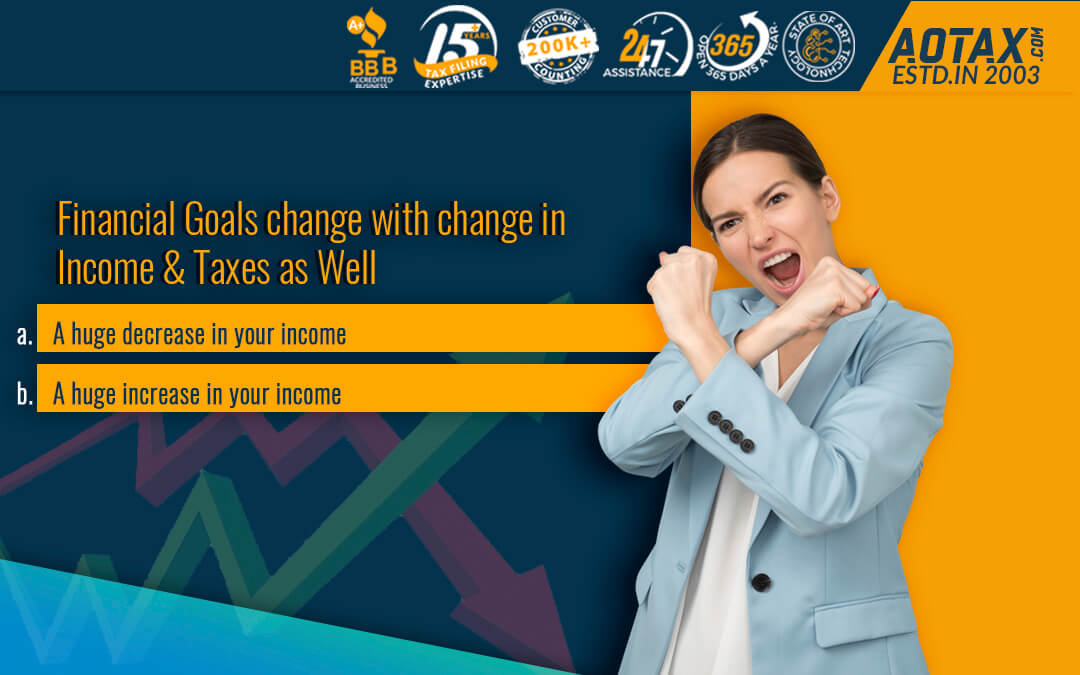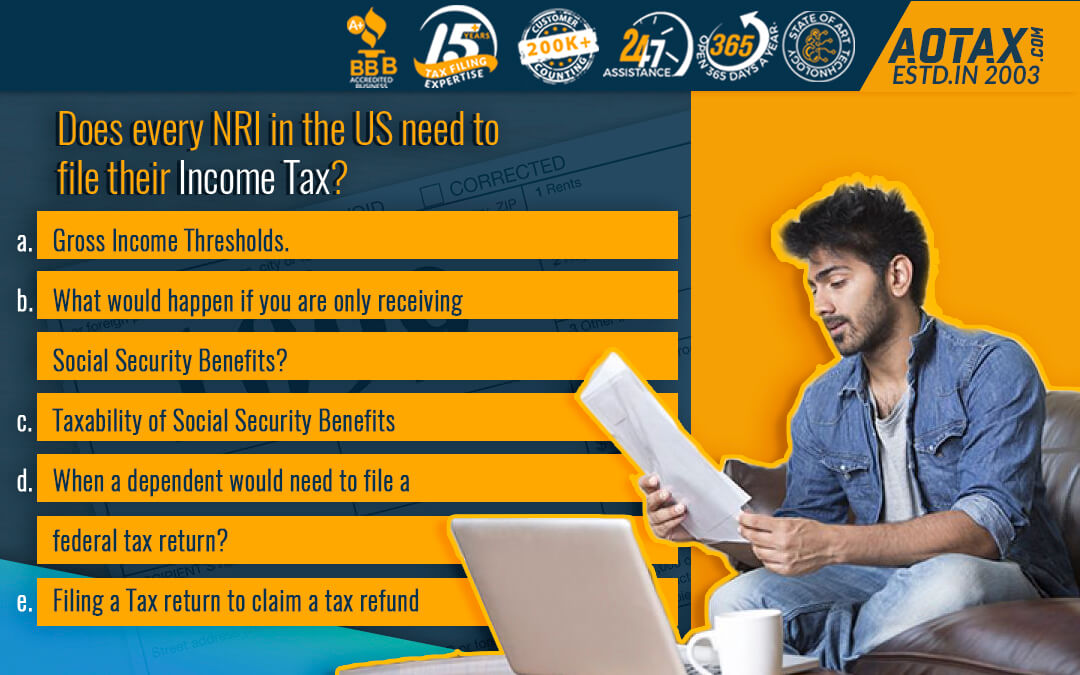How Much Will Future Retirees Receive in Lifetime Social Security and Medicare Benefits?

How Much Will Future Retirees Receive in Lifetime Social Security and Medicare Benefits?
Millennial couples who would retire around 2060 would approximately be receiving around $2.2 million in the form of lifetime Social Security and Medicare Benefits. This amount would be approximately double of the amount that a couple who would be retiring this year would receive. The total Social Security and Medicare benefits are expected to rise even more for those generations which are born after the year 1995 if these programs would provide the continued benefits.
The Lifetime Social Security and Medicare Benefits and Taxes are mainly based on the reports for the Social Security and Medicare trust funds. According to the projection of this trust, a single male that is earning an average amount of wage is working every year and is retiring at the age of 65 years would receive benefits of around $570,000. In case of those couples who are going to retire this tax year with one of the spouses having a higher wage and the one earning lower wage the amount that would be received as Lifetime Social Security and Medicare benefits would be around $1,113,000.
With the rise in Social Security and Medicare benefits, the gap which is present between the benefits and the payroll taxes the employees owe will keep on growing. The main reason behind this is that the low cost of Medicare was designed in such a manner that it would only provide cover for the hospital costs; but the program now would provide cover for visits made to doctor, outpatient procedures, drugs prescribed and other categories of medical costs.
The increase in benefit amounts
The amount of Social Security and Medicare Benefits would be seeing a significant increase in future retirees. The most important cause behind this is that there is an increase in Social Security Benefits and the Medicare expenses are increasing due to modern health care services. Moreover, when life expectancies are higher it would imply that the Americans who are going to retire in the future would receive many more years of this benefit.
However, the major cause behind the financing gap which is prevalent between the benefits obtained and the taxes is the decrease in the birth rate starting in the mid-1960s. There has been a resulting shrinking in the number of the workers relative to the retirees and this has a special force in the period in which the Baby Boomers had started collecting these benefits in between the tax year 2008 and the mid of 2030s.
These issues would very soon come under the supervision of one head as the Congressional Budget Office Projects. The Government would not be able to pay complete benefits out of the funds of the trust for Social Security by the tax year 2031.
The new President Biden has also recommended a further increase in the benefits available for the retirees i.e. approximately 9% on an average for those retiring by the year 2065. Moreover, the work of the Urban Institute reflects the fact that these changes would be able to extend the life span of the Trust funds for Social Security by only 5 years.
Many workers at present have to face an implicit trade-off irrespective of their level of income. The Government has promised higher Social Security and Medicare Benefits at an older age, but it has also set a small portion of its budget for the younger people and families for other programs such as student loan balances, children fall, and other programs not related to retirement.
A large scale budget is the only solution to this trending problem related to Social Security and Medicare Benefits.
Conclusion
So, it is necessary to understand the issues that have been present across several generations related to retirement and health benefits along with the taxes which would be applicable across the country.





Recent Comments